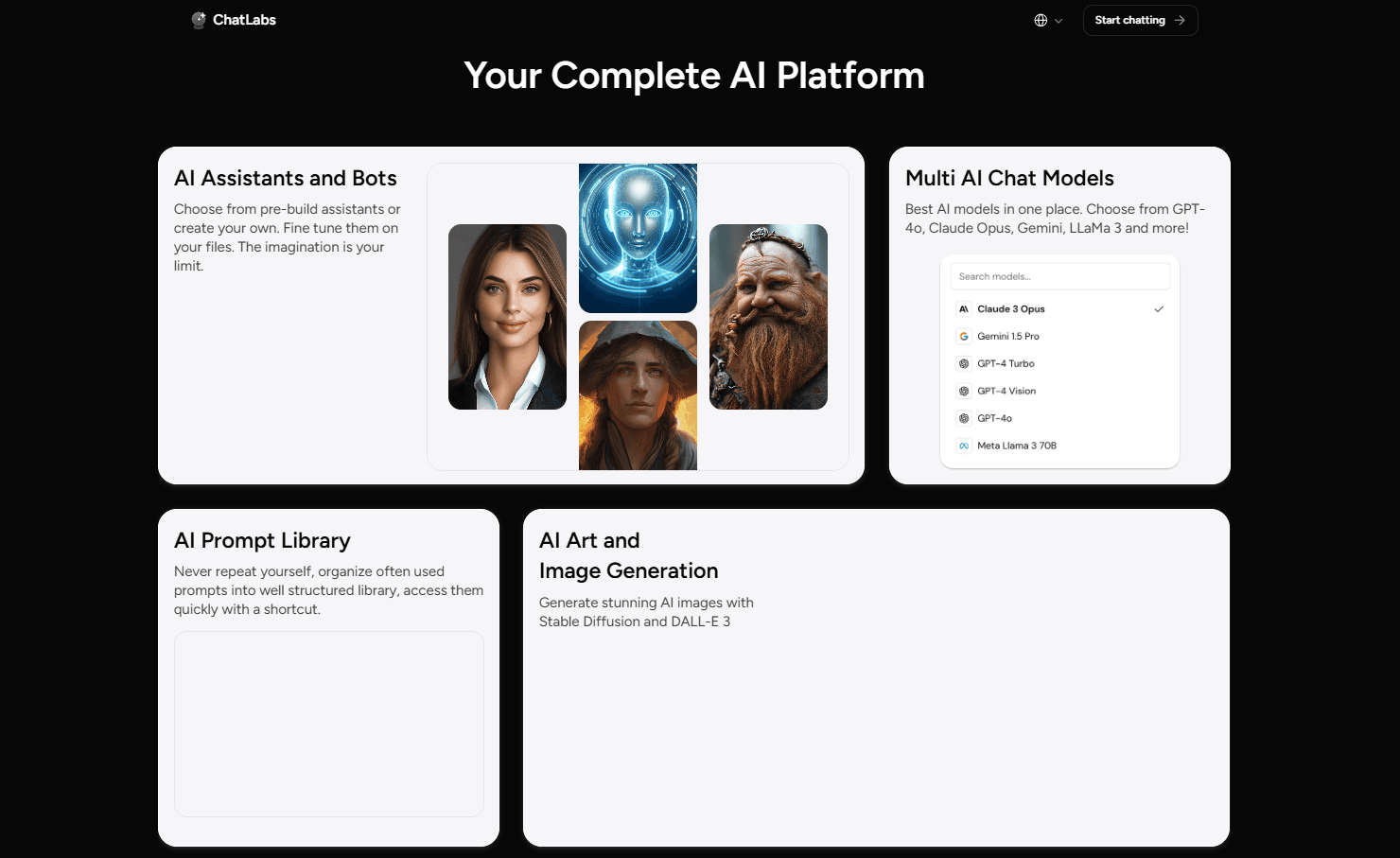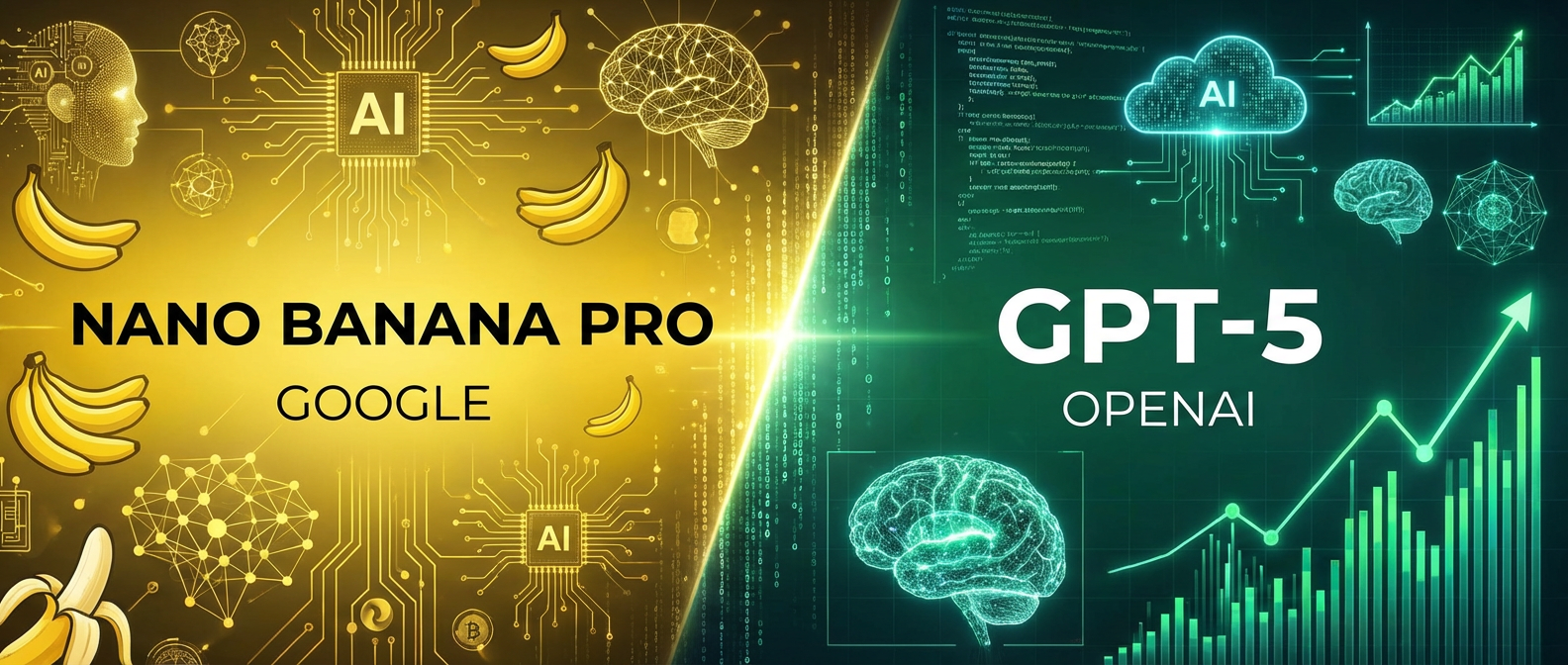The application of AI in financial trading, especially in pattern recognition, is revolutionizing market operations. From high-frequency trading and robo-advisors to predictive analytics, AI technologies enhance efficiency, accuracy, and accessibility of trading strategies. This comprehensive guide explores how AI trading pattern detection, AI for trading, and AI detection reshape financial markets.
Understanding AI Trading Pattern Detection
AI trading pattern detection uses machine learning algorithms and neural networks to identify and analyze patterns in historical market data. Recognizing these patterns helps predict future market movements, offering traders valuable insights for making informed decisions.
High-Frequency Trading and Predictive Analytics
High-frequency trading leverages AI to execute trades within microseconds, capitalizing on small price differences. AI algorithms analyze vast amounts of data in real-time, identifying minute market trends and making split-second decisions that human traders cannot match source.
Predictive analytics in trading involves using statistical techniques and machine learning models to forecast market trends. By analyzing past financial data, AI can predict future price movements, aiding traders in optimizing their buy and sell strategies.
Real-Time Analysis
AI's real-time analysis capabilities allow for instantaneous evaluation of market data, enabling traders to respond to changes as they happen. This is crucial in today's fast-paced trading environment, where timely decision-making can significantly impact profitability source.

The Role of AI in Trading Strategies
AI enhances the sophistication of trading strategies by providing advanced analytical insights. Here are a few key areas where AI significantly impacts:
Pattern Recognition
AI-powered pattern recognition in financial markets involves identifying trends or unusual patterns in large sets of financial data. Machine learning models like convolutional neural networks (CNNs) are especially good at this. Why? Because they can analyze complex patterns in data such as stock prices or market indicators.
CNNs were originally used for recognizing images. But then, they have been adapted to study financial data by detecting sequences and connections between data points. This helps them predict how markets might move in the future more accurately than older methods.
This ability to predict market movements helps traders make better decisions about when to buy or sell stocks. As AI gets better at this, it's becoming more important in finance, giving traders insights that can improve how they invest their money.
Sentiment Analysis
AI uses natural language processing (NLP) to analyze news articles, social media, and other textual data sources to gauge market sentiment. This analysis helps traders understand public perceptions and make more informed decisions based on the overall market mood source (Just Total Tech).

Incremental Learning in Financial Trading
Incremental learning is a foundational technique employed in financial trading, whereby AI models iteratively integrate new data into their existing knowledge base. This continual updating process is essential. It helps to adapt and optimize trading strategies over time, ensuring they remain effective. By continuously refining their understanding of market patterns and trends, AI-driven systems can enhance decision-making processes, mitigate risks, and capitalize on emerging opportunities more adeptly. This adaptability not only supports more accurate predictions, it also fosters a competitive edge in trading environments characterized by rapid change and complexity.
Applications of AI in Financial Trading
AI is revolutionizing financial trading with its diverse applications:
1. Robo-Advisors
Robo-advisors use AI algorithms to manage investment portfolios based on individual risk tolerance and financial goals. Examples include Wealthfront and Betterment, which automatically adjust portfolios in response to market changes. Nowadays, most financial services, for example, Revolut or banking services, have some kind of robo advisors built in. Even local national banks or smaller projects often use AI in their robo advisers which helps to waste less time on repeating investing decisions.

2. Algorithmic Trading
AI-powered algorithms in financial trading operate with exceptional speed, executing trades swiftly according to predefined criteria. These algorithms are designed to analyze vast amounts of market data in real-time, identifying patterns and opportunities that human traders might miss. Citadel's high-frequency trading algorithms, for instance, leverage AI to execute numerous trades within fractions of a second, capitalizing on fleeting market inefficiencies for profit. Similarly, Renaissance Technologies employs sophisticated quantitative trading models driven by AI, which use mathematical and statistical analyses to make data-driven trading decisions swiftly and accurately. These examples highlight how AI enhances trading efficiency and responsiveness in modern financial markets, enabling firms to stay competitive in a high-speed, data-rich environment.
If you are also trading cryptocurrency, then ByBit, KuCoin and other well-known exchanges provide some kind of algoritmic trading possibilities. But in crypto, there is also a world of decentralized DEX platforms and services, many of which focus on algorithmic trading. Examples:
Uniswap: A popular decentralized exchange on Ethereum that allows users to swap various ERC-20 tokens through automated liquidity pools.
SushiSwap: Built on the same automated market maker (AMM) model as Uniswap, SushiSwap offers additional features like yield farming and staking.
Balancer: A decentralized exchange and automated portfolio manager that allows users to create liquidity pools with customized asset allocations.
Curve Finance: Specializes in stablecoin trading and provides low-slippage swaps for assets pegged to the same value, like different stablecoins.
PancakeSwap: Operating on the Binance Smart Chain, PancakeSwap offers a decentralized exchange platform with automated market-making mechanisms similar to Uniswap.
These platforms utilize algorithmic trading to facilitate decentralized and automated trading experiences, allowing users to trade cryptocurrencies directly from their wallets without relying on traditional centralized exchanges.

3. Sentiment Analysis
AI analyzes news, social media, and other data sources to gauge market sentiment. Examples include RavenPack, which uses natural language processing to predict market moves based on news sentiment.
These applications highlight how AI enhances decision-making in financial markets, making trading more efficient and responsive to real-time data.

Risk Management
AI helps manage risk in trading by looking at how the market is doing and adjusting strategies accordingly. It checks things like how fast prices are changing and how different assets are affecting each other. This helps traders avoid losing money and make more profit by making smart choices quickly. AI's predictions about where the market might go also help traders decide what to do next. This way, traders can stay safe from big losses and keep growing their money steadily.
Fraud Detection
AI's pattern recognition skills are also crucial in detecting fraud. When AI examines transaction data, it can identify unusual patterns that might signal someone is trying to commit fraud. For example, it might notice unexpected spending patterns or unusual transactions that don't fit normal behavior. When AI detects these signs, it alerts humans to investigate further and determine if fraud is indeed happening. This helps keep transactions secure and protects people from financial harm.
The Future of AI in Trading
As AI technologies continue to evolve, their impact on financial trading will only grow. Future advancements may include the integration of quantum computing for even faster data processing and the use of blockchain technology for increased transparency and security in trading systems source.

Utilizing AI with Writingmate
For those looking to leverage AI in their trading strategies, Writingmate offers a powerful platform. It integrates multiple AI models, including GPT, Claude, and LLama. Users can generate images, code, create Chrome extensions for pattern detection, and access a wealth of trading-related information. However, it's important to note that this (all of the article, actually) is not financial advice, and users should conduct their own research and due diligence.
Written by
Artem Vysotsky
Ex-Staff Engineer at Meta. Building the technical foundation to make AI accessible to everyone.
Reviewed by
Sergey Vysotsky
Ex-Chief Editor / PM at Mosaic. Passionate about making AI accessible and affordable for everyone.



